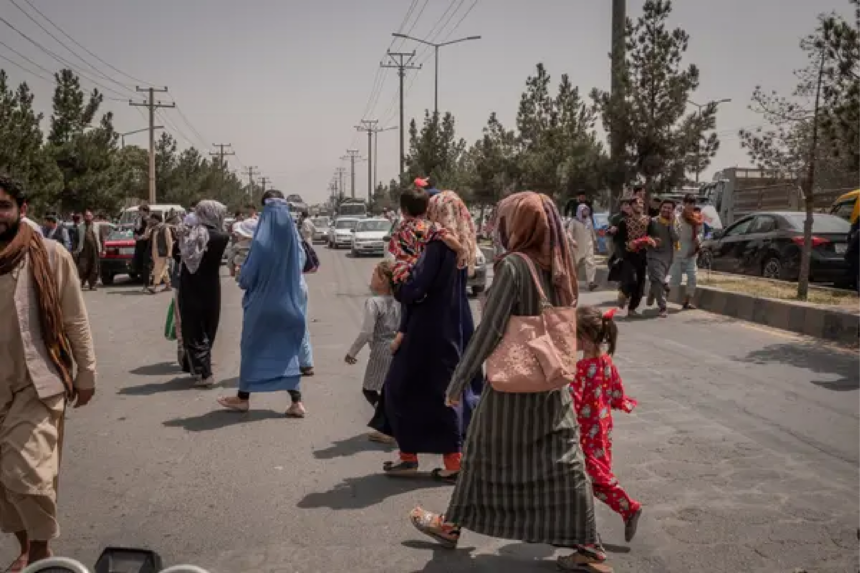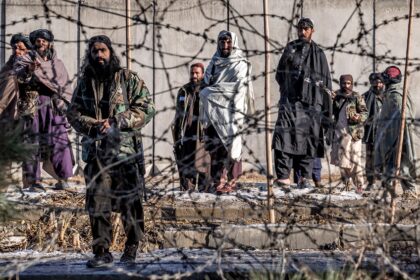RASC News Agency: The World Food Programme (WFP) has voiced deep concern over the drastic reduction in international aid to Afghanistan, warning that the burden of this humanitarian shortfall is falling most heavily on women and children. In a video published on Thursday, April 10, via its official account on X (formerly Twitter), the WFP revealed that due to a critical funding gap, approximately 650,000 mothers and children in Afghanistan have been deprived of life-saving nutritional assistance. The organization stressed that the humanitarian situation in Afghanistan has reached an alarming threshold, with countless families unable to meet even their most basic nutritional needs.
“The crisis has reached such proportions that it threatens the lives and futures of women and children,” the WFP warned, underscoring the potential for widespread malnutrition and health complications among these already vulnerable populations. This warning follows the U.S. government’s decision to significantly reduce its humanitarian contributions to Afghanistan an action driven by concerns that such aid may be diverted or exploited by the Taliban regime. While the intent is to prevent misuse, the impact is being felt not by the regime but by ordinary citizens trapped in a deepening humanitarian catastrophe.
Cindy McCain, Executive Director of the WFP, responded to the U.S. decision by stating that the reduction in emergency food aid could effectively serve as “a death sentence” for millions already on the brink of starvation. She warned that the cuts would likely lead to a rise in mortality and severe destitution among Afghanistan’s most impoverished and marginalized communities. Meanwhile, the Taliban despite over three years in de facto control of the country have failed to take any substantive measures to mitigate hunger, poverty, or economic collapse. Instead, their leadership continues to demonstrate a dangerous detachment from reality. In a recent Eid sermon in Kandahar, Taliban supreme leader Hibatullah Akhundzada dismissed widespread reports of hunger and poverty as “intelligence propaganda,” callously stating that “God created the poor to be poor,” and insisting that no one bears responsibility for the suffering of the Afghanistani people.
These remarks have been met with condemnation both domestically and internationally, reinforcing perceptions of the Taliban as a regime fundamentally uninterested in the well-being of its own citizens. Observers warn that such statements not only signal a lack of accountability but also reflect a regime that sees suffering as inevitable rather than solvable. As international funding dries up and governance continues to fail, humanitarian organizations fear that the country may plunge even further into crisis. Without immediate global intervention and transparent mechanisms to deliver aid directly to those in need, millions more Afghans especially women and children face a bleak and uncertain future.






